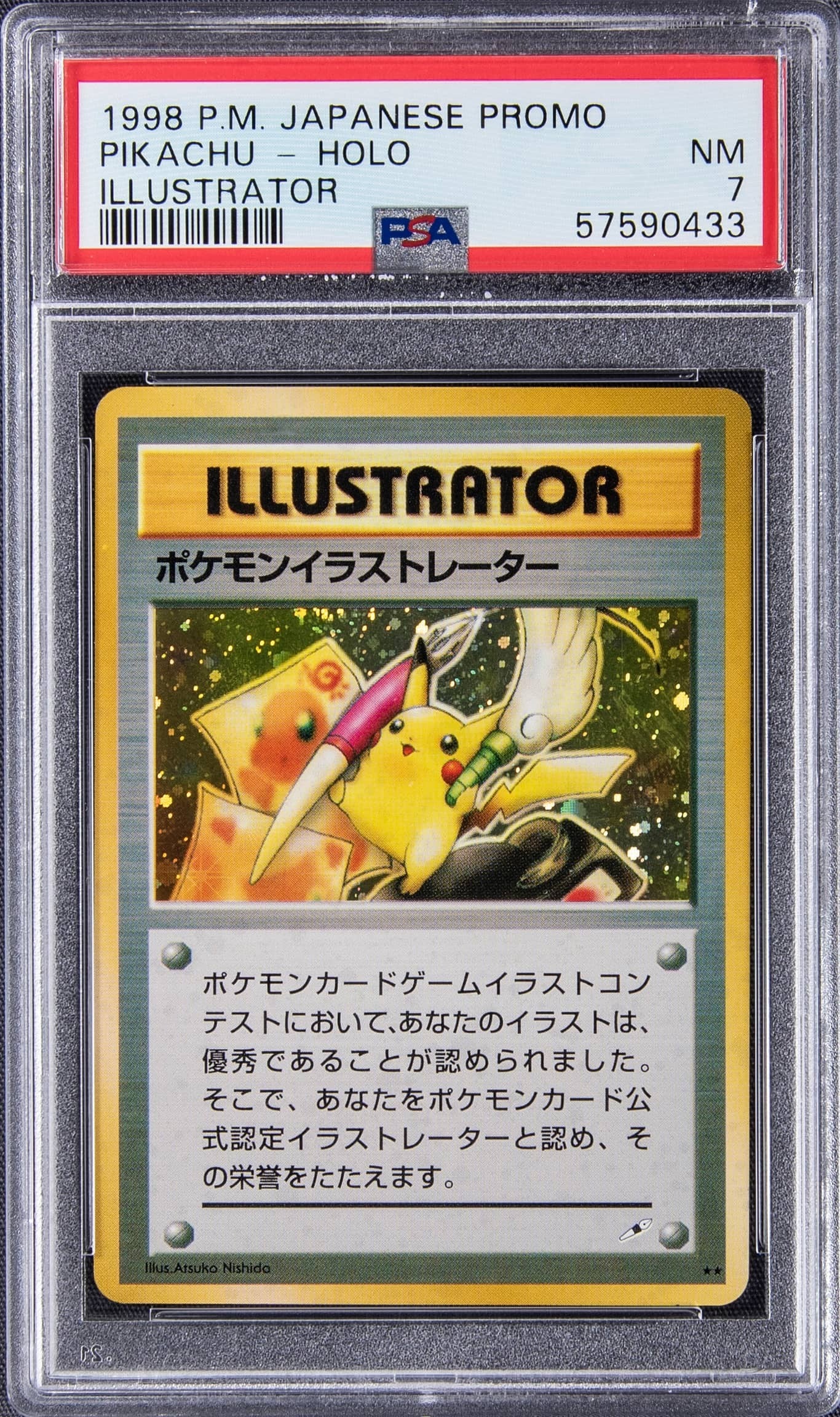The card in question features a Pikachu adorably clutching a paintbrush as it stands over a painting of a Charmander (via Kotaku). The card is then offset with a holographic background. Its layout is much like that of a Trainer card, however the writing across it instead says “Illustrator”. These cards are incredibly rare, with only 39 of them ever being produced. This is because they were never actually sold. Rather, they were released as a prize in an illustration contest through CoroCoro Comic in 1998. In addition to their scarcity, the artwork on the card was designed by Atsuko Nishida. Nishida is credited as being one of Pikachu’s creators, making these cards an even more desirable acquisition for collectors. It is currently not known who purchased this particular Pikachu Illustrator card, however it is not the first time this card has made headlines. In 2019, another card like this sold at an auction in New York for a comparatively conservative $195k. Meanwhile, in 2016, one was sold on eBay for $54,970 (which now seems almost like a steal given the inflation of recent sales). The huge spike in auction prices for items such as this Pokémon card has once more brought into question the way money changes hands. Or, more specifically, how and why that money has skyrocketed recently, with game grading companies such as Wata making their own headlines for questionable business activities. Wata has often pushed the prices of collectible video games it has appraised into the hundreds and thousands of dollars. While not an issue in itself, the company has been revealed to cross a line in relation to its rules of selling stock. In 2021, Wata’s co-founder Mark Haspel was revealed to be selling Wata graded games on eBay, despite there being an obvious conflict of interest. It is safe to say, practises such as these have not only raised the prices of collectables, but a fair number of eyebrows as well.
